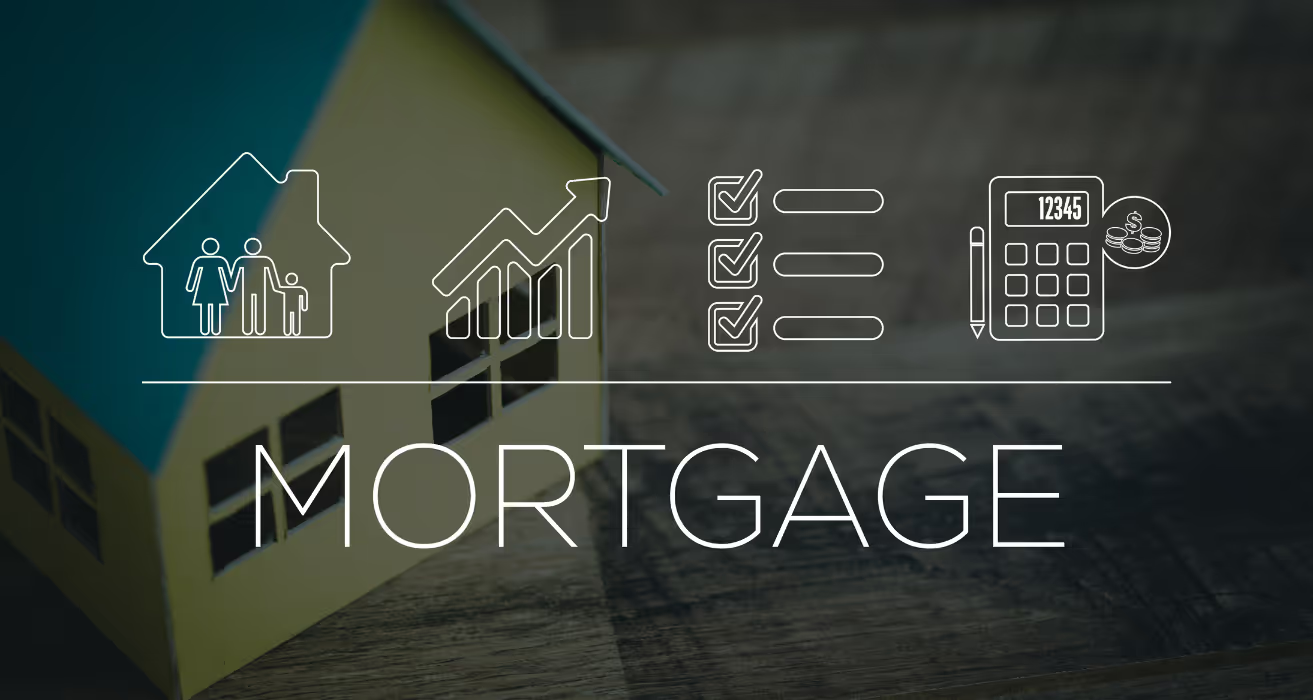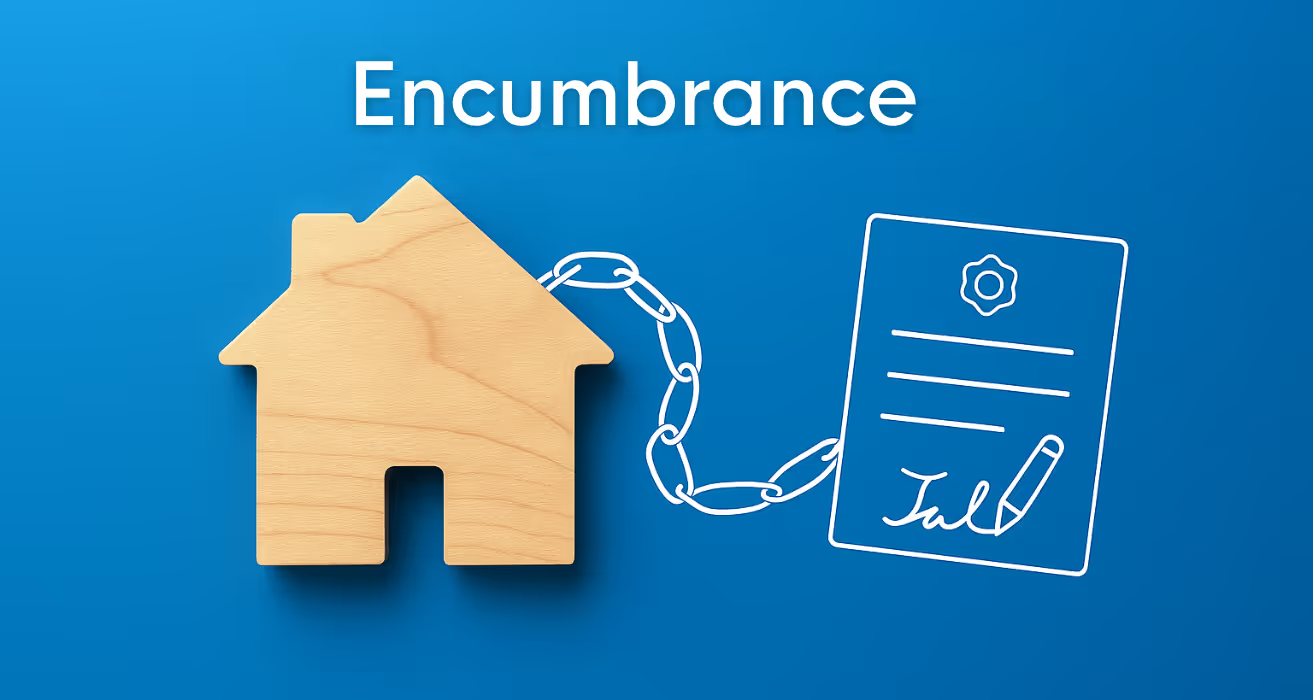How an Impound Account Works for Property Taxes and Insurance?

Ever feel like your mortgage payment is higher than expected? You’re not alone, and the answer often lies in a single term: impound account. Let’s demystify this and make sure you’re not caught off guard by unexpected tax or insurance bills.
Key Takeaways:
- An impound account helps borrowers manage property taxes and insurance payments.
- Monthly payments include a portion for escrow in addition to principal and interest.
- Not all loans require an impound account, but many lenders prefer or mandate it.
- It’s designed to protect lenders and borrowers from missed tax or insurance payments.
- Understand the pros, cons, and tips for managing escrow efficiently.
What Is an Impound Account?
An impound account is a savings account managed by your mortgage servicer to pay for recurring costs like:
- Property taxes
- Homeowners insurance
- (Sometimes) Flood or hazard insurance
Instead of paying these bills in lump sums yourself, your lender collects 1/12th of the estimated annual amounts each month and pays the bills when due.
Why Lenders Use Impound Accounts?
Lenders don’t just require escrow accounts to make your life easier, it’s about protecting their investment, too:
- Reduce risk: Ensures property taxes and insurance premiums are paid on time.
- Protects collateral: Your home serves as the bank’s collateral; they want it to be insured and free from tax delinquency.
- Regulatory safety net: Especially in federally regulated loans, escrow can be a requirement.
When Are You Required to Have One?
Lenders typically require an impound account when:
- Your loan-to-value (LTV) ratio is high (e.g., <20% down payment).
- You’re using certain loan types (e.g., FHA loans often mandate escrow).
- Local laws or investor guidelines require it.
However, with some conventional loans and enough equity, borrowers may opt out.
Pros and Cons of Impound Accounts
✅ Pros:
- Peace of mind: No surprise tax or insurance bills.
- Automated budgeting: Easier to plan monthly household expenses.
- No late fees: Lenders pay bills on time, avoiding penalties.
⚠️ Cons:
- Higher monthly mortgage: Your payment includes escrow.
- Initial deposits required: Often includes 2-3 months of reserves.
- Overages/shortages: Annual recalculations can raise or lower your payment unexpectedly.
How Impound Accounts Are Calculated?
Each month, your servicer estimates:
- Annual property taxes / 12
- Annual homeowners insurance / 12
They may add a cushion (per RESPA rules) of up to two months.
Escrow Analysis
Servicers conduct an annual escrow analysis to check for shortages or overages. You’ll receive:
- A statement of previous year's payments
- A projection for the next year
- Instructions on new payment amounts or required catch-up contributions
Can You Remove or Waive an Impound Account?
Yes, under certain conditions:
- LTV below 80%
- Strong payment history
- Written request and lender approval
Heads up: Some lenders charge a fee to waive escrow.
Pro Tips for Borrowers
- Review your escrow statement each year carefully.
- Plan for changes if property taxes or insurance premiums increase.
- Ask your servicer if they’ll allow you to manage these payments yourself once you build equity.
Conclusion: Simplify Your Homeownership Journey
An impound account can simplify budgeting and protect you from missed bills. But you also deserve transparency and flexibility when choosing how to manage your mortgage.
If you're ready to take control of your homeownership journey, check out realpha, a commission-free home buying platform. For expert mortgage guidance, explore Be My Neighbor Mortgage, an experienced lender offering clarity, support, and licensed service (NMLS #1743790).
FAQs
What is the purpose of an impound account?
To collect and hold funds for property tax and insurance bills to ensure on-time payments by your lender.
Can I cancel my impound account?
Only in certain cases, usually if you have at least 20% equity, and the lender permits it.
Does it cost extra to have an impound account?
Not directly, but it can increase your monthly mortgage payment since it includes escrow items.
How does escrow analysis affect my payment?
Each year, your servicer recalculates your escrow needs. This can raise or lower your monthly payment depending on whether taxes or insurance have changed.
Are impound accounts mandatory?
They are often required on high-LTV or government-backed loans, but may be waived on conventional loans with enough equity.
Disclosures & Compliance Notes:
- NMLS ID for Be My Neighbor Mortgage: #1743790
- This blog is for informational purposes only and not financial advice.
- Mortgage terms and conditions vary by lender and loan type.
- Please consult with a licensed loan officer to understand requirements specific to your loan.
- realpha operates as a commission-free real estate platform and is not a mortgage lender.
This content complies with TILA/Reg Z, RESPA/Reg X, MAP Rule/Reg N, UDAAP, and the SAFE Act.




.avif)
.avif)
.avif)
.avif)
.avif)
.avif)








.avif)
.avif)
.avif)
.avif)
.avif)
.avif)
.avif)
.avif)
.avif)
.avif)








.avif)
.avif)
.avif)
%20(1).avif)
.avif)
.avif)

.avif)
.avif)




-min.avif)
.avif)
-min.avif)
-min.avif)
.avif)
.avif)

-min.avif)

.avif)
.avif)






-min.avif)
-min.avif)
-min.avif)

-min.avif)

-min-p-1080%20(1)%20(1).avif)
-min.avif)
-min.avif)
.avif)
.avif)
.avif)
.avif)
.avif)
.avif)
.avif)
.avif)
.avif)
.avif)
.avif)
.avif)
.avif)
.avif)
.avif)

.avif)
.avif)
.avif)
.avif)
.avif)
.avif)
.avif)
.avif)
.avif)
.avif)



